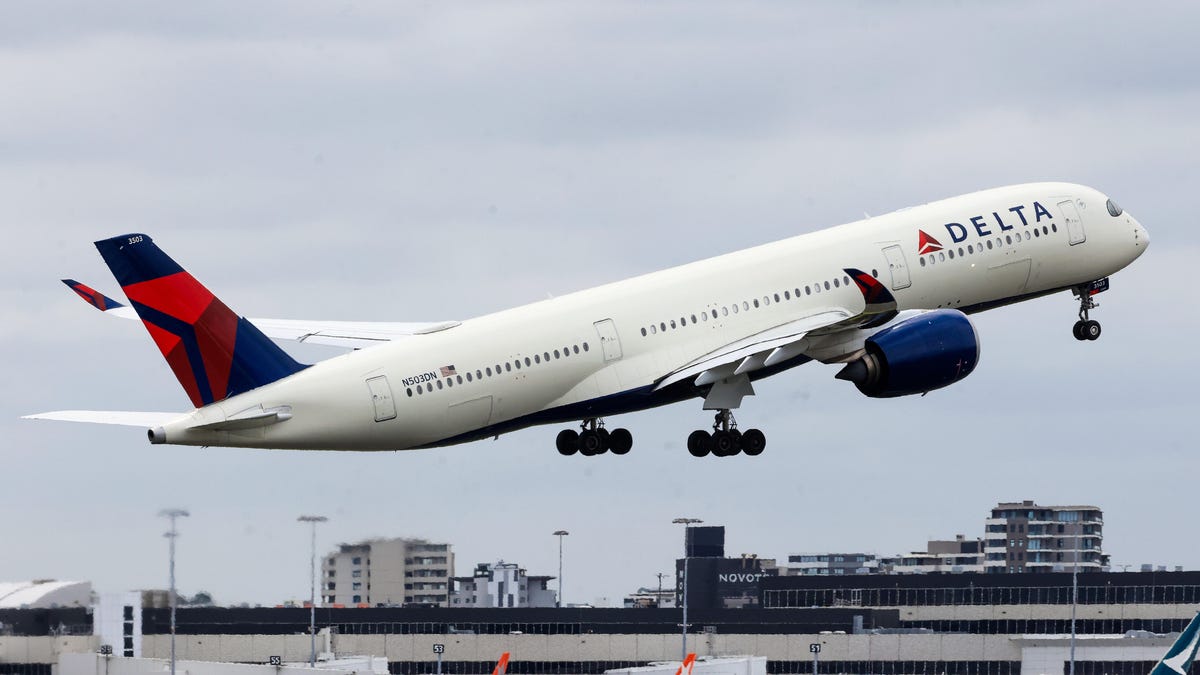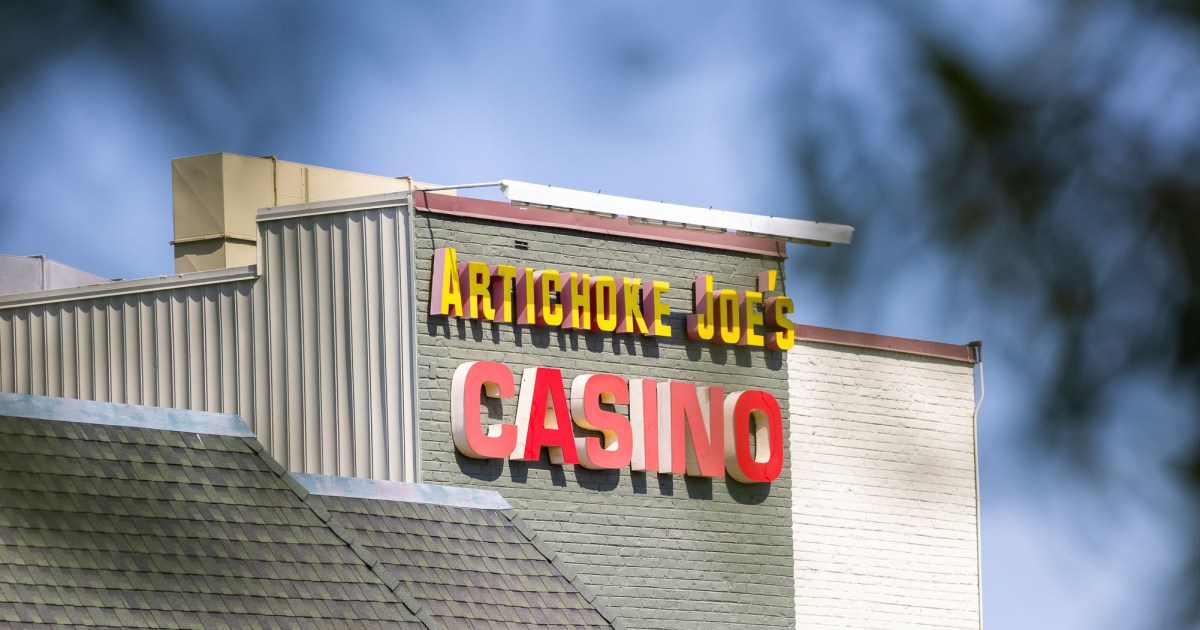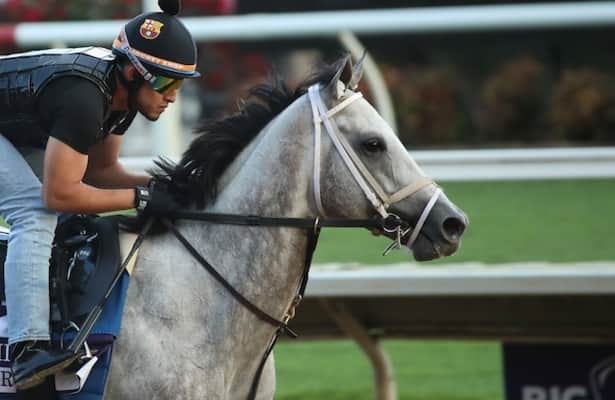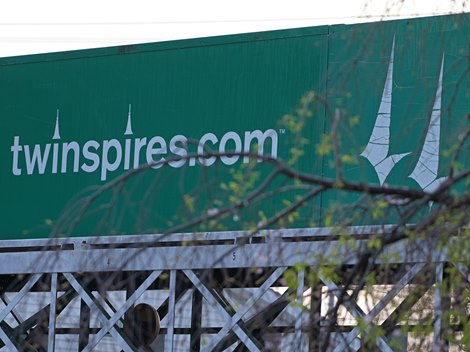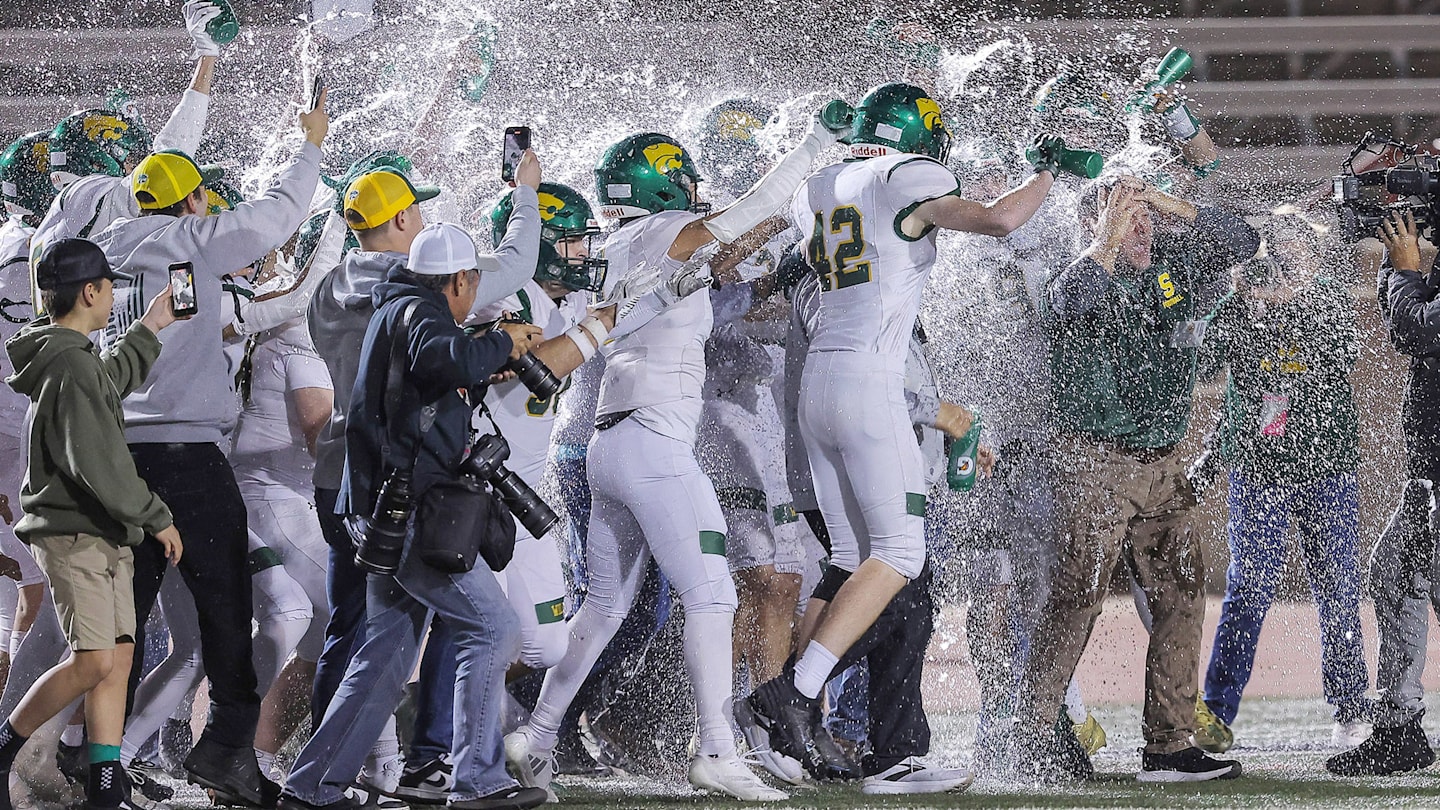Greedy California Tribes Sue Cardrooms Over ‘Illegal’ Gambling, Cities Could Be Big Losers

By Brian Hews, Publisher LCCN • January 10, 2025
The Native American casinos have alleged corruption in California cardrooms and the casino-style games they offer for decades. Still, authorities have never filed a single lawsuit based on their complaints.
Since 2000, when California voters passed Proposition 1A, allowing Native Americans to operate gambling casinos on their reservations, no Attorneys’ General has brought action against the card rooms based on their allegations.
Bill Lockyer (1999-2007) refused, Jerry Brown (2007-2011) refused, and even Vice-President Kamala Harris (2011-2017) refused.
Cue current HHS Secretary Xavier Becerra, who was appointed attorney general by Gov. Jerry Brown in 2016. The job became open when Kamala Harris was elected to the U.S. Senate.
Becerra’s Department of Justice oversaw the Bureau of Gambling Control (BGC), established along with the California Gambling Control Commission (Commission) under the Gambling Control Act.
Most people think the BGC and the Commission perform the same duties, but they are quite different.
The BGC is the investigatory and enforcement agency that investigates crimes, levies fines and revokes licenses when warranted.
On the other hand, the Commission operates in the regulatory and adjudicatory gambling arena, with commission members appointed by and reporting directly to Governor Newsom.
But in 2018, Becerra instructed his agency, the BGC, to violate its charter and enter the regulatory arena that is under the Commission’s purview.
It took Becerra less than two years, during which time he received massive cash for his 2018 election campaign from the Native American tribal casinos, as exclusively reported by LCCN, for his Office of the Attorney General to ignore over forty years of precedent and deliver a crushing body-blow to California cardrooms and the cities they are located in.
_________________________
_____________________________________
On September 25, 2018, just six weeks before his 2018 election, the BGC’s Stephanie Shimazu, under Becerra’s orders, issued onerous rule changes of card room games that had wide-ranging ramifications up and down the state.
The changes handed the Native American tribal casinos the keys to the bank. Now they are cashing in.
“If these regulations were adopted, they would kill the cardroom industry and devastate dozens of communities and thousands of working families,” the California Gaming Assn., a trade group for the state’s cardrooms, said in a statement. “This proposal is a clear attack on the cardroom industry and a message that the bureau is intent on eliminating this lawful $5.6-billion industry and putting 32,000 Californians out of work.”
Former State Senator Josh Newman saw the rule change and waited until his election year to propose SB 549, the so-called Tribal Nations Access to Justice Act. The onerous bill was opposed by every cardroom in the state…and supported by the tribes. It cost him his 2024 seat but Newman got the bill signed ….and likely a major cash infusion for his next Senate run in 2026.
This past Wednesday, January 1 SB 549 went into effect giving California’s Native American tribes the opportunity to put California Cardrooms out of business.
SB 549 allows tribes to take legal action against card clubs and others offering ‘banked’ card games where one party pays out all winnings or collects all of a player’s losses. The rule change initiated by the BGC in 2018 was the beginning, SB 549 was the culmination, giving tribes the power to challenge the legality of cardroom operations.
Seven tribes sued cardrooms across California in Sacramento Superior Court, including the Garden’s Casino in Hawaiian Gardens, the Bicycle Casino in Bell Gardens, and the Commerce Casino in Commerce.
Backed by the inaction of the three Attorney’s General before Becerra, cardroom officials said they were doing nothing illegal. “We are confident that California’s cardrooms are operating table games in full compliance with the law, just as they have done for decades,” California Gaming Association President Kyle Kirkland said in a news release.
“Cardrooms offer tens of thousands of good-paying jobs, pay hundreds of millions in taxes, support local communities, are licensed by the state, subject to extensive regulatory oversight, and offer legal games that have been reviewed and approved by the California Department of Justice,” Kirkland said.
“This attempt by tribal casinos to shut down lawful competition by tax-paying California businesses will fail,” he added.
A news release from the California Gaming Association read that the cardrooms deny the allegations in the tribes’ lawsuit and “will vigorously defend their lawful operations. “
They have a good case, based on contract 101 rules: reliance.
Many cardrooms existed with licensed games well before the Gambling Control Act, the Commission, and the BGC existed.
Some card rooms operated long before the first Native American casino opened. At that time, the disputed games were legal, and no one challenged them in court.
In addition, when the BGC and the Commission were established, both agencies tacitly approved the existing games, allowing them to continue for decades.
As a result, card rooms have relied on that approval, expanded operations, and invested heavily in infrastructure, while the cities have developed a huge income flow on which they depend.
Commerce gets 55% of its revenue from the Commerce Casino, Bell Gardens 45%, and Hawaiian Gardens 75%. If the tribes are successful, Commerce and Bell Gardens would have to implement 35% across-the-board cuts, while Hawaiian Gardens would likely have to file for bankruptcy.
Millions in philanthropy would be cut, and don’t forget the devastating economic hit on the vendors and staff employed by the cardrooms.
Adam Lauridsen, an attorney with the ambulance-chasing San Francisco-based law firm of Keker, Van Nest & Peters, which represents the tribes, glossed over the fact that the BGC and the Commission gave tacit approval on which the casinos relied on for investment and expansion for over twenty years.
“The California Constitution grants tribes the exclusive right to offer blackjack, baccarat, and other banked games in tribal casinos. Cardrooms have brazenly rejected this voter-approved framework and instead forged ahead with offering illegal Vegas-style games.”
“Why is it all of a sudden wrong?” said former California Cities for Self Reliance Joint Powers Authority attorney Jimmy Gutierrez. “The games have been going on for decades, the Commission has not acted, nor has the BGC ever revoked licenses, and there have been no criminal or civil actions in the courts.”
Many more lawsuits will likely be filed as the tribes until April 1 to file.
Related
Related
Gambling On Your Delta Flight Is A Terrible Idea Your…
Photo: Jenny Evans (Getty Images)Are you ready to place multi-game parleys from your cramped seat during long-haul flights? Delta Air Lines announced a partners
Native gaming tribes sue to snuff out small gambling dens
At Lucky Chances in Colma on a recent Tuesday afternoon, the parking lot was packed, the air was full of Marlboro smoke, and card players were happily (or sadly
Tips lead to arrests, shut down of illegal gambling operation…
HUMBLE, Texas – An illegal gambling operation was shut down and two arrests were made after undercover investigators found gambling devices and activities tak
ATP Adelaide + ATP Auckland Final Picks – 1/10/25 |…
SGPN's Top Book Caesars 4.9 Bet $1 and Double Your Winnings for the Next 10 Bets! No Code Needed Must be 21 or older and physically present in AZ, CO, IL, IN
